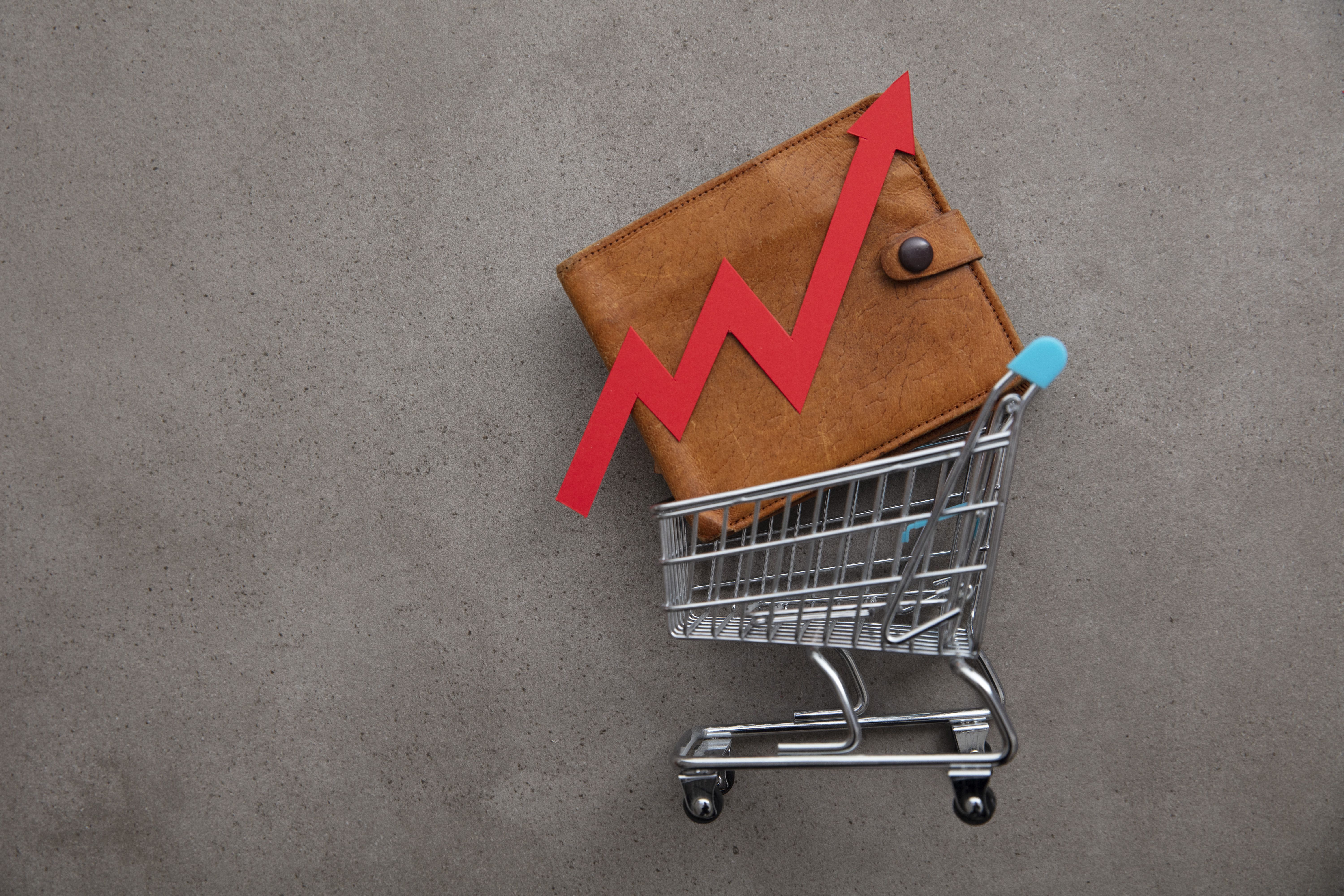After the strong inflationary acceleration in August that placed the CPI at 12.4%the highest record since 1991, was that the Secretary of Economic Policy, Gabriel Rubinsteinannounced that the Government will report every Friday on the weekly evolution of the Consumer Price Index (CPI). Given this, it is worth asking, Is it an electoral measure or will it help moderate speculation behind the index?
For Ramiro Castiñera, director of Econometrica, this decision is “inconsequential” because “it is not an economic policy measure.” From their consultancy they project 12.5% inflation for September above the August CPI and for all of 2023, an advance of 172%. “Inflation levels in Argentina are already similar to those observed in the mid-1970s,” they specified in a report.
For its part, for the economist, Federico Glusteinit is a decision that “it has no reasonableness and above all, it is a point at which, it seems that It is a tool to contribute to confusionon the one hand, but on the other, pay attention to every Friday to see the weekly inflation data, so generates a certain paranoia in the environment“.
“He doesn’t have an anchor perspective, It does not serve to change monetary or fiscal policy, it is a duplication of functions of the State, it is not useful at a statistical or economic level. “If I see that it takes away communication weight from the presidential candidate Sergio Massa and rests it on the Vice Minister so, if inflation were to go down, to have advance data for a week for the campaign,” he concluded.
To its turn, Natalia Moltyl, economist and CEO of NM consultancy, said that it is about “a bad decision”: “It is understood that it is to anchor expectations but it works the other way around. On the one hand, It is a signal to the markets that it is now necessary to follow the evolution of prices week by weekthat is, the price increase has gotten out of hand.”
And, on the other hand, he assured that this decision recalls the time in which the INDEC intervened. “The Minister of Economy should not be publishing inflation. It makes noise and negatively impacts expectations, accelerating the rise in the demand for dollars for coverage,” he said.
September inflation: Is the worst over or is it yet to come?
According to the table published by the Secretariat of Economic Policy which is under the wing of the Ministry of EconomyIn the week of September 4 to 10, the price variation was 2.1% and a slowdown is observed from the peak of 4.8% that reached in the third week of August.
In this regard, a city economist said that “The government wants to show that the peak that generated the devaluation has already passed and for that it decides to publish a new indicator seeking to coordinate expectations with the weekly data.”
However, he said that it is “a double-edged sword, because provides tools to index agents more quickly given that it is public data and it is not clear that in the coming weeks the data will stabilizewhich could bring forward bad data and accelerate changes.
This week it became known that August inflation shot up to 12.4% in August, accelerating 6.1 percentage points (pp) compared to the 6.3% observed in July, after the 20% devaluation of the peso, and accumulated 80.2% in the year, according to the National Institute of Statistics and Censuses (INDEC).
At a monthly level, the segment that suffered the greatest increase was Food and non-alcoholic beverages, which soared 15.6%, followed by Health (15.3%). This was transferred to the strong increase in baskets, thus the Food prices jumped 17% in August while a family needed $284,687 to avoid being poorINDEC also reported.
Source: Ambito




